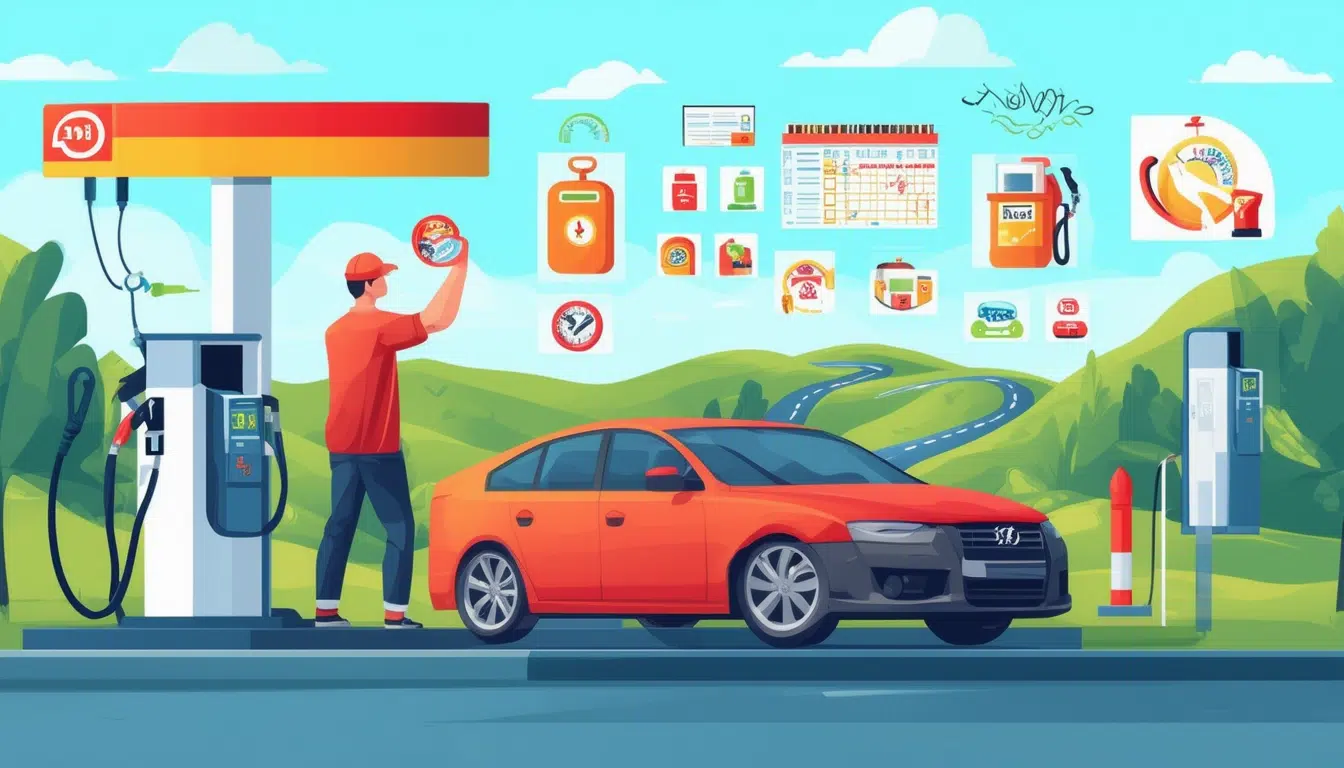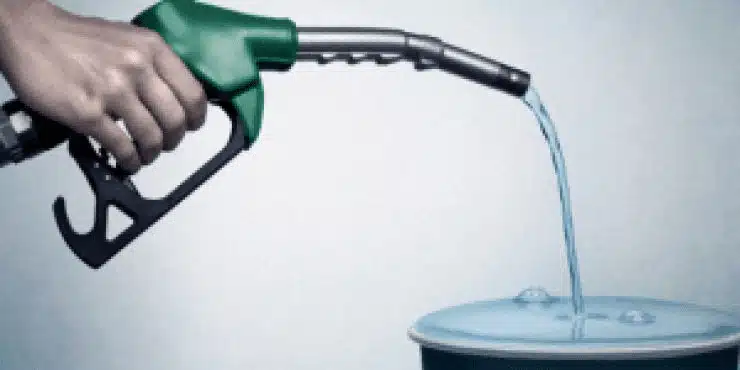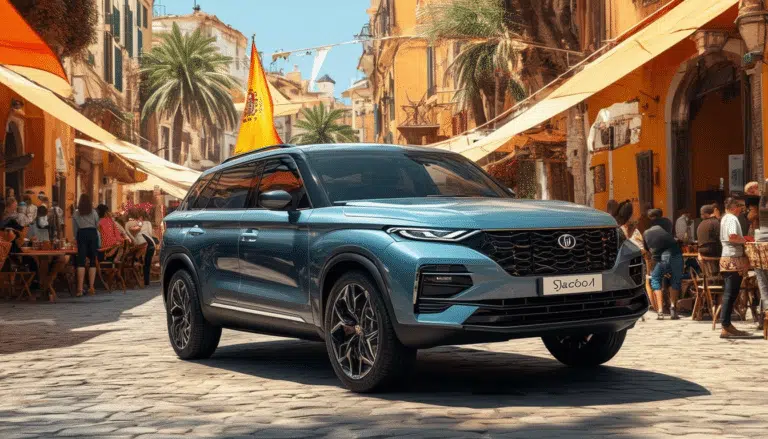Consejos para conductores novatos en la optimización de combustible

The optimization of fuel consumption is an essential skill that every driver should master, especially novices on the road. Adopting efficient driving practices can not only help save money but also contributes to reducing polluting emissions, promoting a more sustainable lifestyle. Below are practical tips that will guide those who are just starting their driving experience, helping them to maximize the energy efficiency of their vehicles and enjoy a more pleasant and responsible driving experience.
The optimization of fuel consumption is an essential skill that every novice driver should master. It’s not just about saving money at the gas station; it also contributes to a more eco-friendly environment by reducing CO2 emissions. Below are practical tips that will help new drivers improve the efficiency of their vehicles.
Route Planning
Before heading out on the road, it is advisable to plan routes. Using apps that offer shorter or less congested alternatives can have a significant impact on fuel consumption. Avoiding heavy traffic not only saves resources but also improves the driving experience, making it smoother and less stressful.
Vehicle Maintenance
Regular maintenance of the vehicle is crucial for optimizing fuel consumption. This includes timely oil changes, checking the pressure of the tires, and ensuring that the engine is in optimal condition. A well-maintained vehicle not only consumes less fuel but is also safer and more reliable on the road.
Driving Style
The way one drives has a significant impact on fuel consumption. For example, avoiding hard braking and sudden accelerations can greatly improve efficiency. Driving at a constant and moderate speed helps to maximize fuel performance. It is also essential to respect speed limits, as exceeding these can substantially increase fuel consumption.
Proper Gear Management
Learning to properly use the gears of the vehicle is crucial. Driving in higher gears at low revolutions per minute (RPM) allows for a reduction in fuel consumption. Additionally, it is preferable to change gears early to keep the engine running efficiently. Avoiding excessive use of lower gears can save many liters of fuel over time.
Use of Technology and Apps
Today, there are multiple apps that help drivers optimize their fuel consumption. These tools allow monitoring of vehicle efficiency, reminders for scheduled maintenance, and even calculating the cost of each trip. Many companies also provide devices that help evaluate driving style and offer personalized recommendations to improve efficiency.
Reduce Unnecessary Load
The weight of the vehicle is another factor that affects fuel consumption. Carrying unnecessary loads can significantly increase fuel expenditure. It is suggested to check the interior and trunk of the car to remove non-essential items. The lighter the vehicle, the lower the fuel consumption will be.
Considerations for Urban Driving
Driving in urban areas presents unique challenges that can affect fuel consumption. Frequent stops and congested traffic are common, making efficient driving techniques vital. Maintaining an adequate distance from the vehicle in front helps to avoid sudden speed changes and reduces the need to brake, thereby saving fuel.
For more information on how to cut costs and optimize fuel consumption, useful links such as Tips for saving fuel while driving and Benefits of carpooling to reduce fuel costs can be consulted.
For novice drivers, optimizing fuel consumption is crucial not only to save money but also to contribute to a healthier environment. Adopting efficient driving techniques can make a significant difference in the amount of fuel consumed. A fundamental aspect is route planning. Knowing the shortest and least congested way can prevent unnecessary use of gasoline or diesel.
Additionally, it is important to maintain a moderate speed; above the recommended limits, fuel consumption increases significantly. Hard braking and sudden acceleration should be avoided at all costs, as these actions increase fuel consumption. Instead, smooth driving is recommended, maintaining an adequate distance from other vehicles to reduce the need for sudden braking.
Vehicle maintenance also plays a crucial role in optimizing consumption. Checking the tire pressure, ensuring that the exhaust system functions correctly, and scheduling regular oil changes are practices that ensure the engine runs efficiently. A well-maintained vehicle is more likely to consume less fuel and operate with a lower environmental impact.
Finally, novice drivers should familiarize themselves with their vehicle. Understanding how it responds in different driving situations will help make informed decisions that benefit both fuel consumption and road safety. Incorporating these tips from the start allows for not only a more economical driving experience but also a more enjoyable time behind the wheel.





